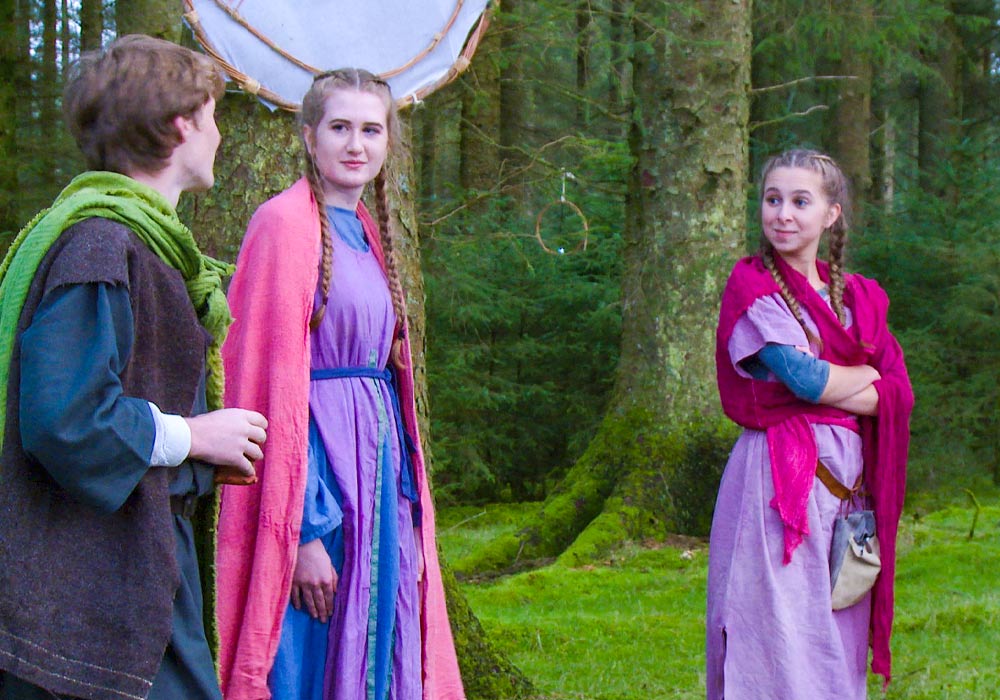the story of theatre on dartmoor
Theatrical activity on Dartmoor can be traced back as far as the late fifteenth century in documents. The stannary (tinworking) towns of Ashburton and Chagford have two of the best documented traditions of early drama in Devon. Another stannary town, Tavistock, also had a tradition of theatrical performance in the latter part of the sixteenth century, about which less is known, although William Browne of Tavistock wrote a masque which is still extant. John Ford, who became a famous London dramatist in the tradition of Shakespeare, originated from an Ilsington family with close ties to the Dartmoor tin industry. Likewise the family of William Strode, who wrote a play to entertain Charles I on a visit to Oxford, was prominent in the Dartmoor tin industry, in this case in the stannary district of Plympton. After a gap of two centuries for which no significant records of theatre connected with Dartmoor have yet come to light – apart from a brief burst of activity associated with the Napoleonic War prisoners – William Crossing, Eden Phillpotts and John Galsworthy ushered in the modern era in which theatre in one form or another has once again become widespread on the Moor. MED Theatre (founded informally in 1980 and formally in 1989) is the first theatre company to be dedicated to working on Dartmoor with Dartmoor material.

